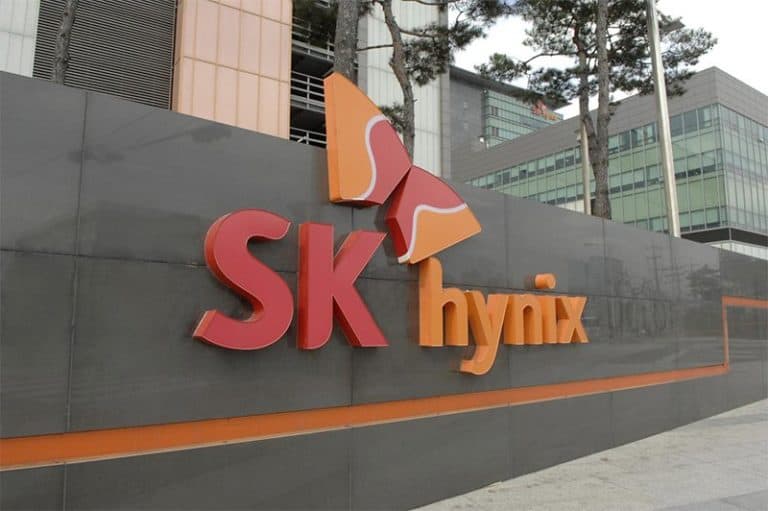SK Hynix has announced that it will increase its spending on the purchase of equipment for the production of chips. In this way, the company wants to make itself more resilient against the continuing chip shortages.
During the conference call for the publication of its quarterly figures, Kevin Noh, the CFO of SK Hynix, said that the expenditure on machines for the production of semiconductors is increasing sharply because of the shortages. This is causing longer lead times, in addition to the fact that setting up the machines is already taking longer. Therefore, SK Hynix is bringing forward its planned investments for 2022 to the second half of 2021. This should lead to increased production capacity in 2022, writes ZDNet.
Sharp increase in sales
SK Hynix had a good quarter. The company reported sales of 8.49 trillion won (6.32 billion euros) and an operating income of 1.32 trillion won (982 million euros). This is an increase of 18 and 65.5 percent respectively compared to the same quarter in 2020. Even though the first quarter of the year usually brings lower revenues than other periods, the company saw high demand for its DRAM products in the mobile and PC sectors. SK Hynix expects this demand to continue for the foreseeable future.
Chip shortages spur investments
The current chip shortages are encouraging various chip manufacturers to invest heavily in their production capacity. In doing so, the manufacturers not only want to fend off the increased demand in the short term, but they also anticipate that the increased demand will continue. Various companies, including TSMC, Intel and Samsung, have indicated that they will be investing tens of billions in building additional chip factories.
Imbalance in supply and demand
Koh Dong-Jin, who is in charge of Samsung’s mobile division, recently said that there is a significant imbalance between the supply and demand of chips. However, Samsung has not yet shared any public information on how the company is dealing with the shortages. The company controls several aspects of smartphone development. Not only does the company make the smartphones itself, but with Samsung Electronics, it also owns one of the largest chip manufacturers. Moreover, Samsung also designs its own microchips.
Shortage to last at least all of 2021
Cisco also doesn’t foresee an end to the chip shortages in the short term. The company expects the chip shortages to seriously impact global supply chains for at least another six months. Intel and TSMC expect the market to start recovering around early 2022, but the problems will not be completely solved until the construction of the first new factories is completed in 2023.
